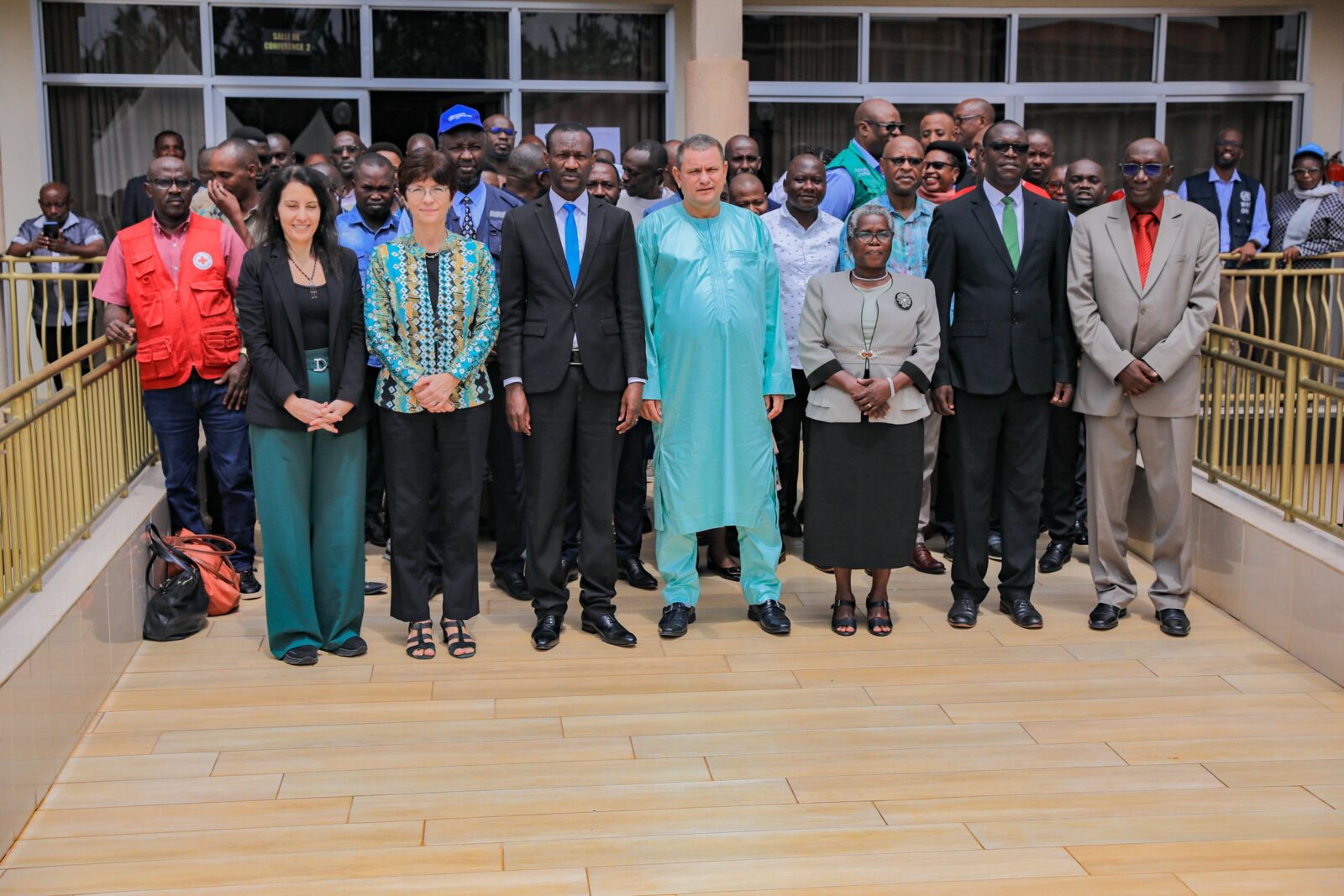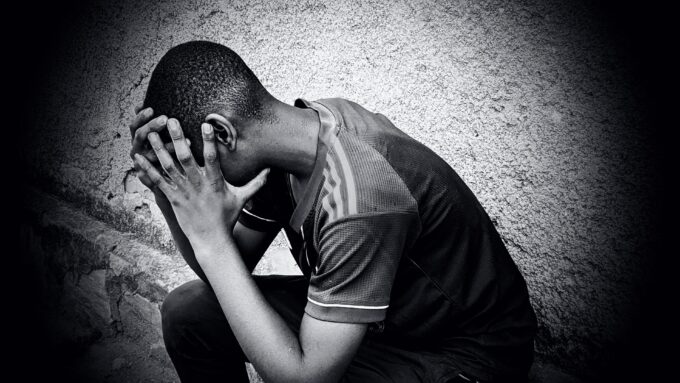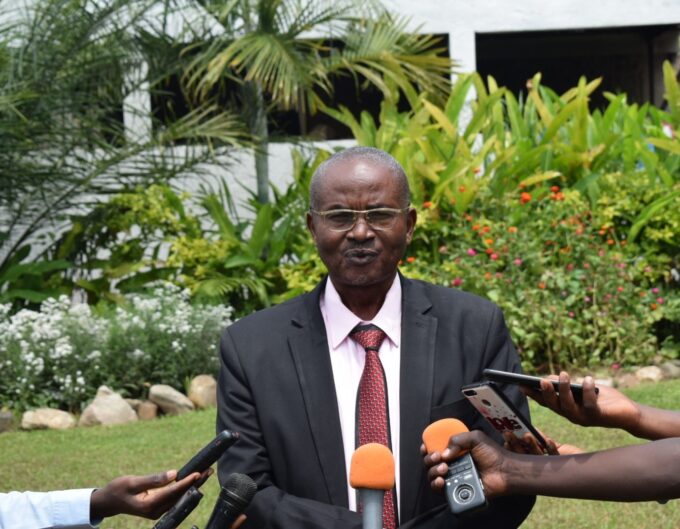Since the first reported cases of MPOX (monkeypox) in Burundi in July 2024, over 3,200 people have contracted the disease, according to the latest figures released by the Burundian Ministry of Public Health. As of January 19, 2025, a total of 3,236 infections have been recorded. While 3,029 individuals have recovered, 207 remain under treatment, and one person has died from the disease.
The epidemic has affected 46 regions across the country, with 15 regions experiencing higher numbers of cases. Among the most heavily impacted areas are five regions near the capital Bujumbura and the city of Gitega, which have reported the highest concentrations of infections.
In response to the ongoing outbreak, the Minister of Public Health, Lyduine Baradahana, chaired an intra-action review workshop on Wednesday to evaluate the progress made in combating the epidemic and to discuss the next steps towards eradication. The session brought together key partners, including representatives from the World Health Organization (WHO), CDC Africa, local authorities, and other organizations involved in the response.
During the workshop, Minister Baradahana expressed her gratitude to health workers, local authorities, and the Mayor of Bujumbura for their swift actions and collaboration in the fight against MPOX. She acknowledged the significant progress achieved but emphasized that continued vigilance is essential as the country works toward completely eradicating the disease.
Xavier Crespin, WHO representative in Burundi, commended the country’s leadership for its visible commitment to controlling the epidemic. He also urged the public to adhere to health guidelines issued by the Ministry of Public Health, emphasizing the critical role of community participation in controlling the disease’s spread.
Crespin further highlighted the importance of ongoing evaluations of the current strategies to identify areas of improvement. He called for updates to the national response plan to ensure its continued effectiveness in the coming months.
In December 2024, Burundi received a crucial donation of diagnostic equipment from the Africa Centres for Disease Control and Prevention (Africa CDC). Valued at approximately $300,000, the new equipment is expected to significantly enhance Burundi’s diagnostic capabilities, particularly in remote provinces where the disease has been most widespread.
Mpox, a rare viral disease similar to smallpox but generally less severe, has been reported across Central and West Africa. The disease is primarily transmitted from animals to humans in tropical rainforest areas. The arrival of the new diagnostic equipment and the government’s heightened efforts are crucial to containing the outbreak and preventing further spread.








Leave a comment